What is best pipe for service line
missstella
15 years ago
Featured Answer
Sort by:Oldest
Comments (13)
zl700
15 years agolast modified: 9 years agomarknmt
15 years agolast modified: 9 years agoRelated Professionals
Adelphi Kitchen & Bathroom Remodelers · Beach Park Kitchen & Bathroom Remodelers · Beachwood Kitchen & Bathroom Remodelers · Artondale Kitchen & Bathroom Remodelers · Bellevue Kitchen & Bathroom Remodelers · Garden Grove Kitchen & Bathroom Remodelers · Lincoln Kitchen & Bathroom Remodelers · Oxon Hill Kitchen & Bathroom Remodelers · Rancho Palos Verdes Kitchen & Bathroom Remodelers · Roselle Kitchen & Bathroom Remodelers · Skokie Kitchen & Bathroom Remodelers · South Plainfield Kitchen & Bathroom Remodelers · Phillipsburg Kitchen & Bathroom Remodelers · North Chicago Kitchen & Bathroom Remodelers · Glenn Heights Kitchen & Bathroom Remodelersmissstella
15 years agolast modified: 9 years agomarknmt
15 years agolast modified: 9 years agomissstella
15 years agolast modified: 9 years agojake2007
15 years agolast modified: 9 years agomissstella
15 years agolast modified: 9 years agobus_driver
15 years agolast modified: 9 years agolazypup
15 years agolast modified: 9 years agobrickeyee
15 years agolast modified: 9 years agozl700
15 years agolast modified: 9 years agomarknmt
15 years agolast modified: 9 years ago
Related Stories

FURNITUREPiping Moves Furniture to the Head of the Line
Boldly defining upholstery lines, contrasting piping underscores the strength of a furniture piece's design
Full Story
SHOP HOUZZShop Houzz: Piping That Pops
Add a pop of color and contrast with furniture and pillows with piping
Full Story0

PRODUCT PICKSGuest Picks: Pipe Up for a Crisp Look
Talk about tailored — piping offers a bespoke look even on ready-made furniture and pillows
Full Story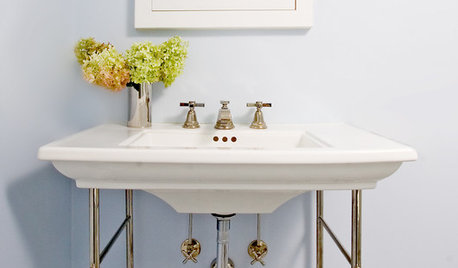
BATHROOM DESIGNSink Pipes Worth Seeing
Decorative Options Let You Get Creative With Those Fixtures Under the Sink
Full Story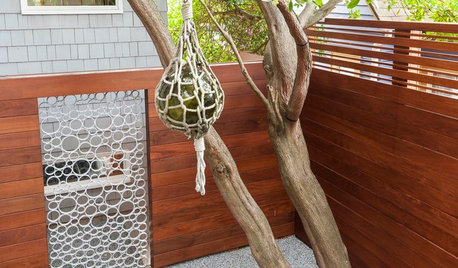
FENCES AND GATESA Designer Uses PVC Pipe to Cast a Modern Garden Gate
Landscape designer Scot Eckley walks us through the process of creating a custom aluminum ring gate
Full Story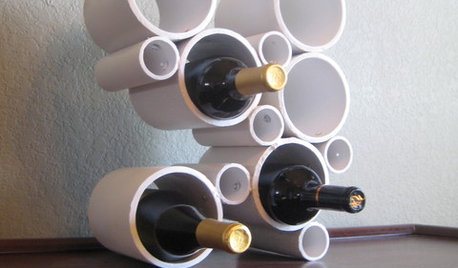
DECORATING GUIDESDIY: PVC Pipe Wine Holder
Rachelle Falcon shows how to make a spiffy modern wine holder with stuff from the hardware store
Full Story
DECORATING GUIDESWorking With Pros: When to Choose Full Design Services
Whether you want a single room or a whole house done, the maximum service level means the least work for you
Full Story
BATHROOM DESIGNBathroom Details: Show Off Your Sink Line
You heard right. Exposed sink traps have gone stylish, with more materials and matching fittings than ever
Full Story
PRODUCT PICKSGuest Picks: Coffee Service
Upgrade your morning ritual with accessories to help make the perfect brew
Full Story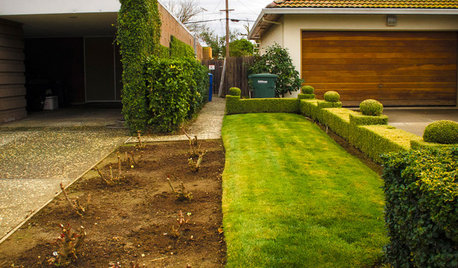
EXTERIORSWhere Front Yards Collide: Property Lines in Pictures
Some could be twins; others channel the Odd Couple. You may never look at property boundaries the same way again
Full Story






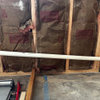

lazypup